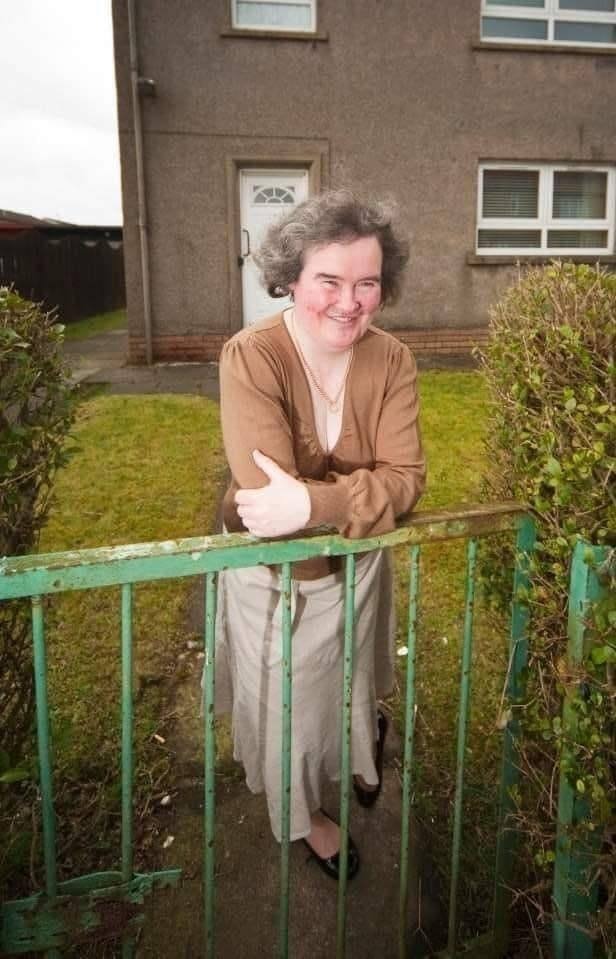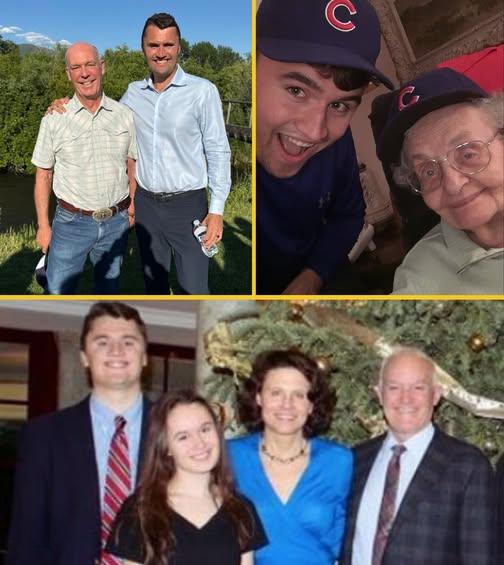Social Media Reacts
Social Media Reacts to Elevator Domestic Violence Awareness Video
Disclaimer: This article is for educational and awareness purposes only. Details of any specific viral video or case should be verified through official news outlets or law enforcement statements. The content does not endorse sharing graphic footage but encourages responsible action and support for survivors.

Viral Video Sparks Debate
A disturbing elevator video showing a violent confrontation went viral on social media, leaving viewers shocked. “In this widely shared elevator video, a confrontation between two individuals escalated into physical violence.” Advocates stress the importance of focusing not on graphic details but on awareness and prevention.

The Reality of Domestic Violence
Domestic abuse is far more common than many realize. According to the World Health Organization, “approximately 1 in 3 women worldwide experience physical or sexual violence in their lifetime.” In the U.S., the National Coalition Against Domestic Violence reports that “nearly 20 people per minute are physically abused by an intimate partner.” Abuse isn’t only physical — it often includes emotional, psychological, and financial harm.

Why Awareness Matters
When violent footage spreads online, it can raise awareness and push people toward action. Advocacy groups stress that “instead of focusing on the sensational aspects, posts should direct viewers to hotlines and shelters.” Survivors often face barriers such as limited resources, financial dependence, and fear of retaliation. Reforms like better training for first responders and expanded survivor services are critical.

A Call to Action
Preventing abuse starts with education. Campaigns like No More and Love Is Respect teach healthy boundaries and encourage survivors to speak out. Friends, family, and communities also play a vital role by offering support and creating zero tolerance for violence. “The viral elevator footage is not just a disturbing clip — it is a call to action.” By raising awareness, intervening responsibly, and holding abusers accountable, society can move closer to ending domestic violence.






